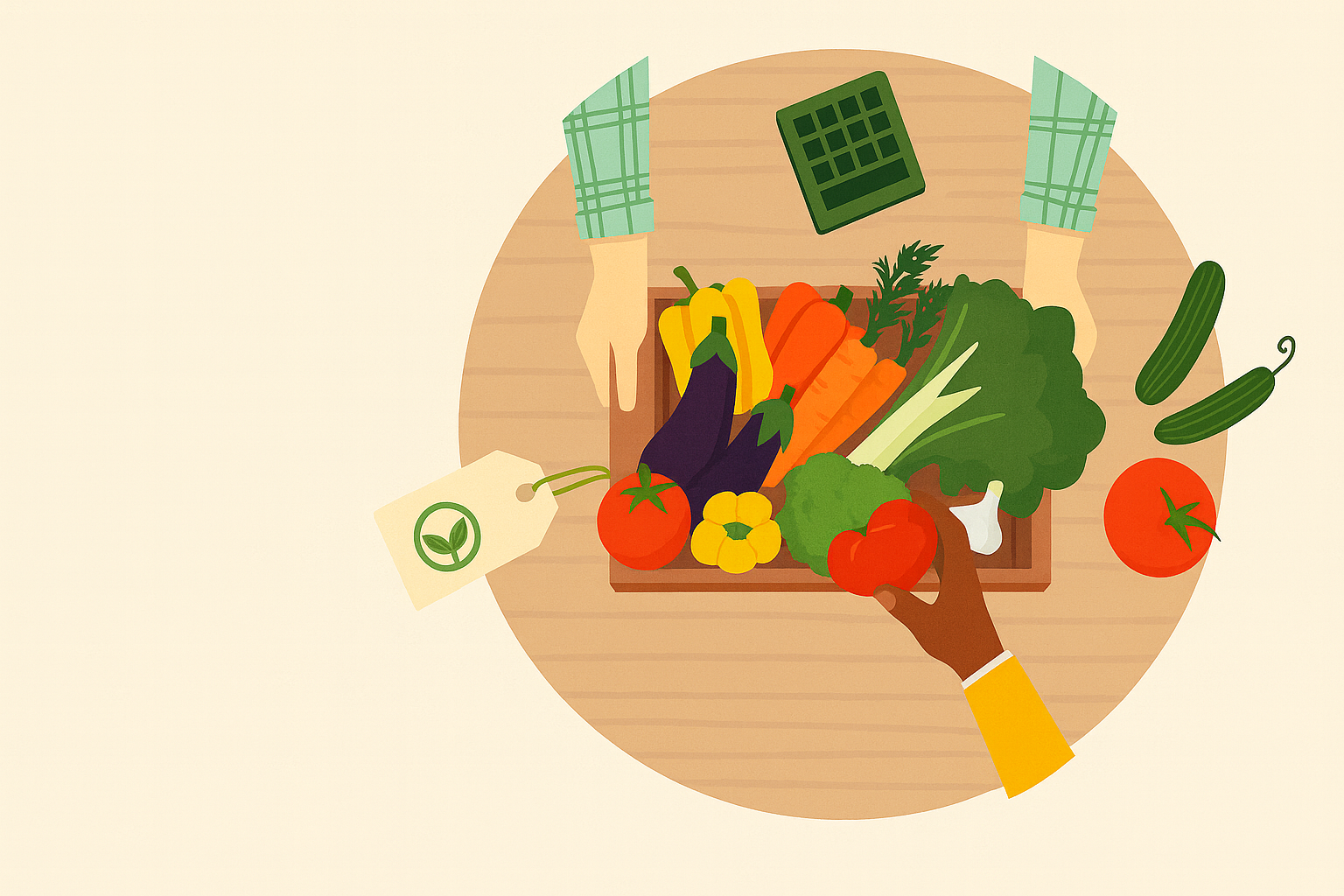How Smarter Food Waste Management Can Transform Your Bottom Line
Food waste isn’t just a kitchen problem, it’s a climate, cost, and community problem. Every day, over one billion meals go uneaten worldwide (United Nations Environment Programme). That’s more than wasted ingredients — it’s wasted land, water, energy, and opportunity.
In fact, roughly one-third of all food produced globally is never consumed (World Resources Institute). And when food ends up in landfills, it breaks down and releases methane, a greenhouse gas more than 25 times more potent than CO₂.
The Real Cost of Food Waste
The ripple effects of poor food waste management are staggering:
$1 trillion in global economic losses every year (United Nations Framework Convention on Climate Change).
8–10% of global greenhouse gas emissions come from wasted food.
In the U.S. alone, 40% of food is wasted annually, costing approximately $218 billion (United States Environmental Protection Agency).
Food service and catering operations are responsible for nearly 28% of all food waste worldwide, making them one of the most powerful sectors for change.
Why Poor Waste Management Hurts Restaurants
When food waste isn’t managed strategically, the consequences go beyond the compost bin:
Higher operating costs – overbuying, spoilage, and disposal fees all add up.
Regulatory & reputational risks – customers are increasingly conscious of sustainability.
Environmental damage – methane emissions and wasted resources multiply.
Lost opportunities – surplus food could be repurposed, composted, or donated.
The Payoff of Getting It Right
Here’s the good news: tackling food waste isn’t just good for the planet, it’s good for business.
Studies show that for every $1 a business invests in food waste reduction, it can save $7 in return (Stored).
Restaurants that adopt zero-waste practices have cut their waste by up to 90%, saving thousands annually. Beyond cost savings, sustainability boosts customer loyalty and brand trust; a major competitive edge in today’s market.
Practical Strategies That Work
Some proven strategies restaurants and caterers can adopt:
Smarter purchasing and inventory tracking
Menu planning that minimizes waste
Composting or anaerobic digestion for scraps
Surplus food donation to local communities
Switching to reusable or compostable packaging
These approaches not only reduce landfill waste but often streamline operations and improve kitchen efficiency.
How Wilmot Helps You Get There
That’s where Wilmot Inc. comes in.
As a sustainability consulting firm, Wilmot partners with restaurants, caterers, and food service operators to design custom zero-waste strategies.
We help clients:
Audit and track waste streams
Build practical, step-by-step waste reduction roadmaps
Set up composting and surplus donation systems
Train staff and monitor ongoing performance
Turn waste data into measurable impact
Zero-waste isn’t just a goal, it’s a process. And Wilmot can make that process practical, measurable, and profitable.
👉 Learn more about our work at wilmotinc.com.
A Future with Less Waste and More Impact
Food waste is one of the most solvable climate challenges of our time. By reimagining how we handle what’s on, and off, our plates, restaurants and caterers can cut costs, reduce emissions, and build stronger communities.
Wilmot can help you get there; one plate, one bin, and one system at a time.


